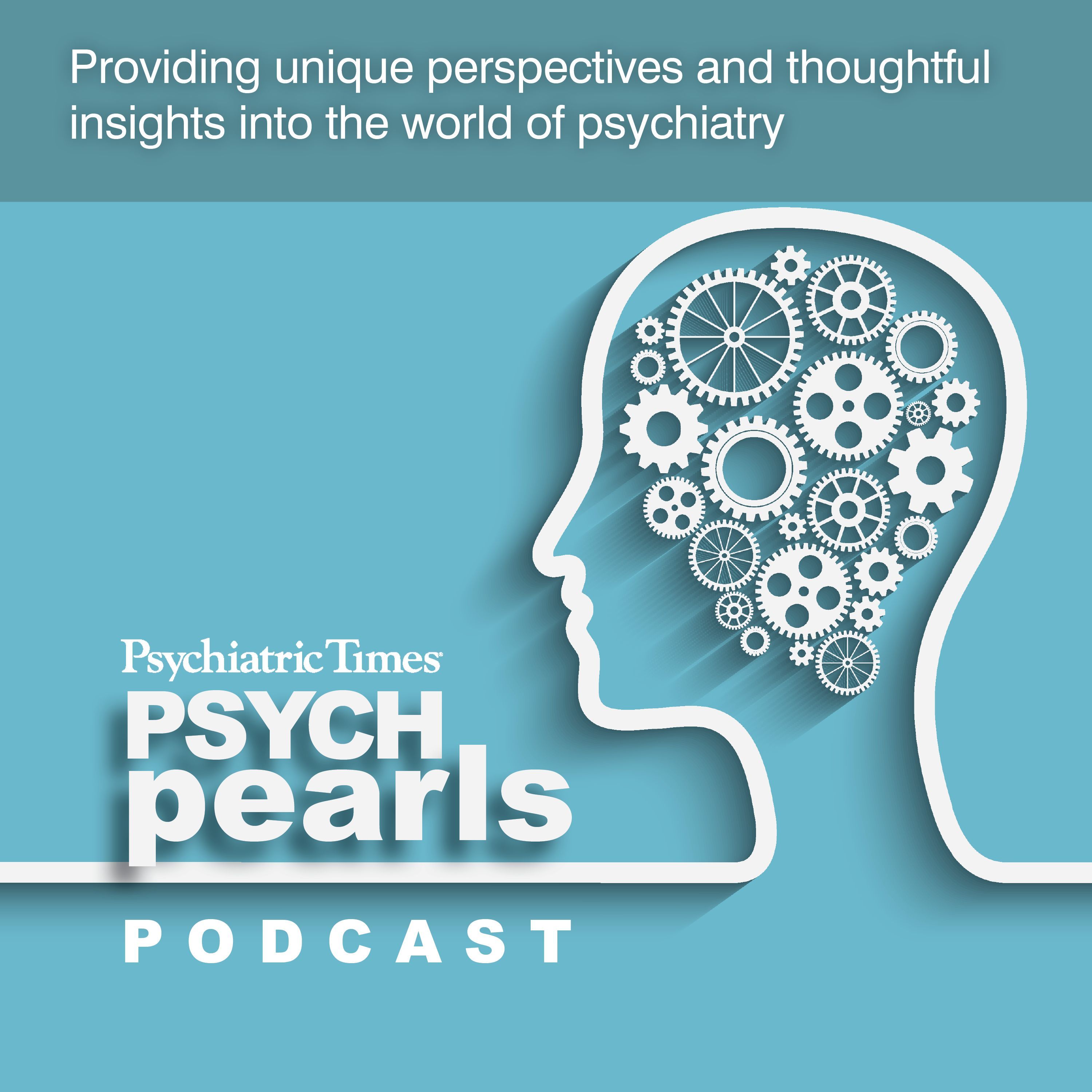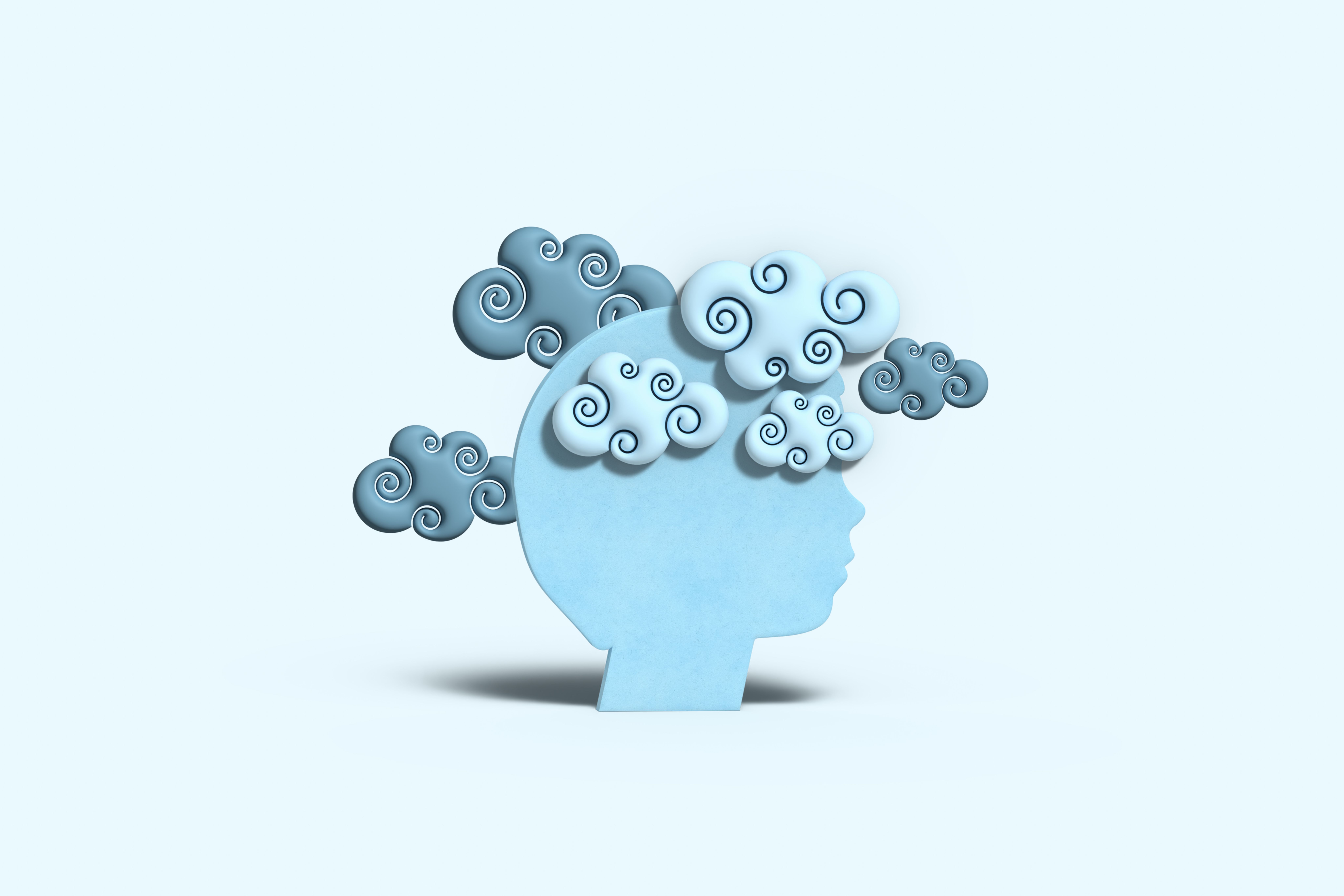Article
Is Depression a Disease?
Author(s):
A controversial report from the British Psychological Society draws a pair of sharp rejoinders.
trauma-hand/AungMyo

The lexicographer Samuel Johnson is credited (perhaps spuriously) with this acerbic review of a manuscript: “Your manuscript is both good and original; but the part that is good is not original, and the part that is original is not good.”1
Although that may be too harsh an assessment of the recent report by the British Psychological Society (BPS) “Understanding Depression,”2 the report misses many opportunities for enhancing our understanding of clinically significant depression.
This article represents my assessment of the BPS report (verdict 1) followed by selected comments by a freelance journalist (verdict 2). The blogger, Lucy Dimbylow, has permitted me to quote her rejoinder to the BPS report. Her remarks have particular import and gravitas, owing to Dimbylow’s history of “recurrent episodes of paralyzing depression.”
Verdict 1: The Good, the Bad, and the Insensitive
A flawed central argument. The BPS report—prepared by a group of mostly academic clinician-researchers—is intended as “an up-to-date summary of what the research says” about depression, aimed at “everyone who has an interest in depression—those of us who experience it, our friends and family, and those of us who provide services to help.” To the report’s credit, it covers a broad range of factors that may contribute to clinically significant depression, ranging from the biological to the sociocultural. Indeed, the foreword to the report, written by Paul Gilbert, PhD, explicitly invokes the biopsychosocial approach embraced by academic psychiatry. But it is precisely in this respect that the BPS report largely fails. In effect, it gives appropriate attention to psychosocial and cultural factors in depression, but mostly neglects and largely devalues the biological factors that underlie severe depressive illness. As for somatic treatments, including antidepressants, the report’s tone and posture might be characterized as disgruntled acquiescence.
The report immediately sets off alarm bells with its central argument “that depression is best thought of as an experience, or a set of experiences, rather than as a disease.” Later, the BPS editors double down: “The most important message of this report is that depression is not a disease but a human experience: a complex, understandable set of psychological responses to the events and circumstances of our lives.”
The illogic of these claims is breathtaking. They imply that the terms human experience and disease are somehow disjunctive or mutually exclusive. But it is trivially obvious that all diseases also constitute experiences and that some experiences are constituted by the presence of disease. Furthermore, everything that happens to us in life is an experience. Applying that term to depression clarifies nothing. (The BPS might have been on firmer ground had they argued that clinically severe depression is a profoundly life-altering set of experiences). More importantly, reducing clinical depression to a set of experiences is a bit like describing the coronavirus 2019 (COVID-19) pandemic as a set of viral events. This same trivializing tendency was evident in the BPS’s misguided 2014 report on psychosis.3
For many who have suffered with the most severe and recurrent forms of depression—strikingly, relapse and recurrence are barely mentioned in the report—the BPS formulation will likely feel like the height of insensitivity. More on that from Dimbylow.
Undermining biology. The editors/authors of the BPS report next seek to undermine the biological basis of clinical depression by asserting: “For many people, depression is unlikely to be the result of an underlying biological disease process or chemical imbalance in the brain and nervous system. Even if there are changes in the brain when people are depressed, these are often consequences not primary causes.”
Let us leave aside the matter of how the BPS editors established that depression is unlikely to be the result of biological factors. Their main conceptual error is in supposing that changes in the brain of individuals with depression do not tell us very much, because we do not know if they are primary causes, or merely consequences of having depression. (Ironically, the pioneers of the biogenic amine hypothesis acknowledged the problem of establishing causality 55 years ago.4) On the contrary: whether they are causes or consequences, once the brain develops abnormalities in clinical depression (or major depression), these brain changes take on a pathogenic life of their own. Indeed, they are associated with a variety of cognitive and executive functioning problems that cause serious adverse effects in the life of the individual with depression.
Thus, in major depression, “Recurrent impairments in several domains including, but not limited to, executive function, learning and memory, processing speed, and attention and concentration, are associated with poor psychosocial and occupational outcomes.”5 Furthermore, structural alterations in some brain regions of patients with depression—in particular, the anterior cingulate cortex—may be associated with both affective and cognitive impairments in major depression.6
Although the evidence is limited and preliminary, it appears that antidepressant treatment can ameliorate some of these cognitive problems. For example, a double-blind, placebo-controlled trial involving elderly patients with recurrent major depressive disorder found that 8-week treatment with duloxetine resulted in a significant improvement in composite measures of cognition, compared to placebo.7 Not surprisingly, the BPS report barely discusses the benefits of antidepressant treatment—including improved quality of life8—but spills a great deal of ink discussing its potential risks and side effects.
Nothing I have said is meant to diminish the importance of psychosocial, cultural, and environmental factors in the genesis of clinical depression; nor do I doubt the need for a holistic approach to depression. But the question must be asked: what makes it so difficult for the BPS to acknowledge the importance of biological factors in major depression? And more important: why does the BPS refuse to acknowledge that clinically significant depression—while quite obviously an experience—also represents a state of disorder, illness, or disease?9
Personal narratives are vital. To the BPS report’s credit, it does contain a number of balloon quotes from individuals who have actually suffered from clinical depression, and some such accounts help convey depression’s “disorder-ness.” An individual shared:
When I have low mood, it can last as long as between a couple of weeks to 2 years, with 6 months average. I feel desperate, ‘Emotional Death.’ I am frightened of the future, I fear life and welcome death. I have attempted suicide several times since I have no hope and fear the future, since I don’t think I will ever get better.
Personal accounts of this nature help rescue the BPS report—just barely—from anodyne inconsequence, and lead us to Dimbylow’s moving narrative.
Verdict 2: Gaslighting on an extreme level
In her blog, Dimbylow10 expresses the profoundly disruptive and incapacitating nature of severe, recurrent depressive illness, including the risk of serious self-injury and suicide. This is in marked contrast to the tone of casual understatement in the BPS report, in the single paragraph devoted to self-harm: “…in addition to receiving good physical care for their injuries, people who self-harm should be offered an assessment of their psychological and social needs.” She writes:
My life, almost since I can remember, has been plagued by recurrent episodes of paralyzing depression. I’ve tried to end my life more times than I can remember, and my body is covered in scars. I’ve been in ambulances, in intensive care, and sectioned in a psych hospital. I’ve been a missing person with the local police force searching for me.
Comment: Here, Dimbylow continues:
But according to the British Psychological Society (BPS), I’m not ill: I have what they describe in their new report, Understanding Depression, as ‘a common human experience
‘Common human experiences’ have no relation whatsoever to the severe, enduring clinical depression that leaves me bleeding on the bathroom floor or semi-conscious in the back of an ambulance.
According to the BPS, though, clinical depression isn’t even an illness.
[Then] how do they explain the fact that medication (usually) keeps me stable, or that trying to come off my anti-psychotic led to the best part of 2 months in a psych unit? How do they explain the way my mood can crash from totally fine to abject, suicidal despair with no external trigger?
Although there are often psychosocial stressors and losses that help explain clinical depression, Dimbylow is quite right in noting that severe depression can occur with no evident external trigger. Characteristically, the BPS subtly devalues this fact, arguing that, “Sometimes it can seem that depression comes out of the blue. It can feel as if there is no explanation for depression but that it has just happened.” Furthermore, while placing heavy emphasis on the risks of medication, the BPS report says essentially nothing about the risks of discontinuing medication—a point made very forcefully by Dimbylow.
It’s gaslighting on an extreme level, and what makes it desperately sad is that it comes from an authority that should be firmly on the side of those of us who live with mental health conditions like major clinical depression.
Right now, I’m glad that I’m in a strong mental state, and not standing on that bridge waiting to jump. Because had I read the report while in a severe depressive crisis, it would have pushed me—literally—over the edge.
Concluding thoughts
After reading the BPS report, an ancient proverb came to mind: “There are none so blind as those who will not see.” It is especially galling when those who refuse to see are entrusted with the care of desperately sick and suffering individuals. It is one thing to hear this from a psychiatrist. It is quite another, and perhaps more powerful, thing, to hear it from Lucy Dimbylow.
Dr Pies is professor emeritus of psychiatry and lecturer on bioethics and humanities, SUNY Upstate Medical University; clinical professor of psychiatry, Tufts University School of Medicine; and editor in chief emeritus of Psychiatric TimesTM.
Acknowledgments: Thanks to Joseph Pierre, MD, for bringing the BPS report and Dimbylow’s blog to my attention, and for comments on the BPS report.
References
1. Your manuscript is good and original, but what is original is not good; what is good is not original. Quote Investigator. Updated June 17, 2013. Accessed November 9, 2020: https://quoteinvestigator.com/2013/06/17/good-original/
2. The British Psychological Society. Understanding depression: why adults experience depression and what can help. October 9, 2020. Accessed October 30, 2020.
3. Pies R. Trivializing the suffering of psychosis. Psychiatric Times.December 22, 2014.December 22, 2014. Accessed October 30, 2020.
4. Schildkraut JJ. The catecholamine hypothesis of affective disorders: a review of supporting evidence. Am J Psychiatry. 1965;122(5):509-22.
5. Zuckerman H, Pan Z, Park C, et al. Recognition and treatment of cognitive dysfunction in major depressive disorder. Front Psychiatry. 2018;9:655.
6. Zhang K, Zhu Y, Zhu Y, et al. Molecular, Functional, and Structural Imaging of Major Depressive Disorder. Neurosci Bull. 2016;32(3):273-285.
7. Raskin J, Wiltse CG, Siegal A, et al. Efficacy of duloxetine on cognition, depression, and pain in elderly patients with major depressive disorder: an 8-week, double-blind, placebo-controlled trial. Am J Psychiatry. 2007;164(6):900-9.
8. Pies RW. Antidepressants, the Hamilton Depression Rating Scale conundrum, and quality of life. J Clin Psychopharmacol. 2020;40(4):339-341.
9. Ruffalo ML, Pies RW. The reality of mental illness. Psychology Today. August 19, 2018. Accessed October 30, 2020.
10. Dimbylow L. Not an illness? A response to the British Psychological Society report, “Understanding Depression.” Lucy’s Depression Diary. October 12, 2020. Accessed October 30, 2020. https://lucysdepressiondiary.wordpress.com/2020/10/12/not-an-illness-a-response-to-the-british-psychological-society-report-understanding-depression-october-2020/
Newsletter
Receive trusted psychiatric news, expert analysis, and clinical insights — subscribe today to support your practice and your patients.






